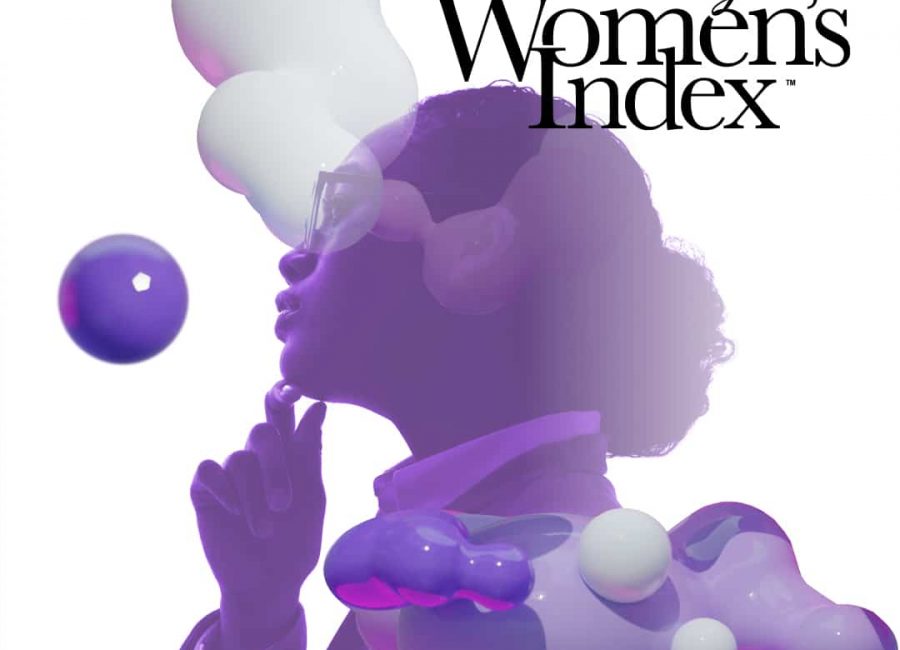Women often control decisions around budgets and investments but when it comes to financial markets and money apps they’re still wary.
Just ask George Lucas, the managing director of Acorns, the small change investment app. The company firmly has women in its sights in the months ahead despite already achieving exceptional growth this year.
Of the 130,000 people who have signed up to the free app since February, only 30 per cent are women and they are primarily aged between 30-45 years.
“Women are a lot slower to give it a try, said Mr Lucas, adding that women often need more convincing then men before signing up to apps.
Unlike Acorns, which invests small change into Exchange Traded Funds, the Australia Tax Office’s free myDeduction tool – which helps people manage work-related claims – is proving popular but there’s no data on whether women are using it more than men.
ATO Assistant Commissioner Graham Whyte said 753,000 people have downloaded the app over the past year and used it to access online services.
Mr Lucas believes that women tend to be more wary when it comes to using money apps.
“We also know that there are discussions happening at home. Some women may feel their partners [or husbands] are using a sporting app and they are wasting money on it,” said Mr Lucas.
New research conducted by Galaxy and published in ING DIRECT’s Love of Money Report shows almost one in five Australians keep a ‘secret’ account from their significant other.
The data also shows that twenty per cent of women said they don’t trust their partner and sneak a look at their bank or credit card statement, while men have a tendency to spend more behind their partner’s back $657 compared to $422.
But perhaps this isn’t so surprising. When it comes to investing, research shows that women usually don’t want to take on as much risk as men.
Figures also show that women tend to be better investors than men. This is perhaps because some women have been able to overcome this nervousness by doing more research on products and because they tend to trade less frequently than men.
“What we are seeing is that as women get older they are much more comfortable using it [Acorns]. We are also seeing older women setting it up for their children and having it running in the background. Like a set and forget strategy,” he said.
Acorns also published a study earlier this year which found that 54 per cent of women said their income is preventing them from saving, compared to 40 per cent of men.
These are alarming figures, and potentially reflect that women on average earn less than men. Yet women tend to control most household finances.
But Lucas has a plan and is not just eyeing over 200,000 users by February 2017, he wants more women on board and will be using social and traditional media to make that happen in the months ahead.
















